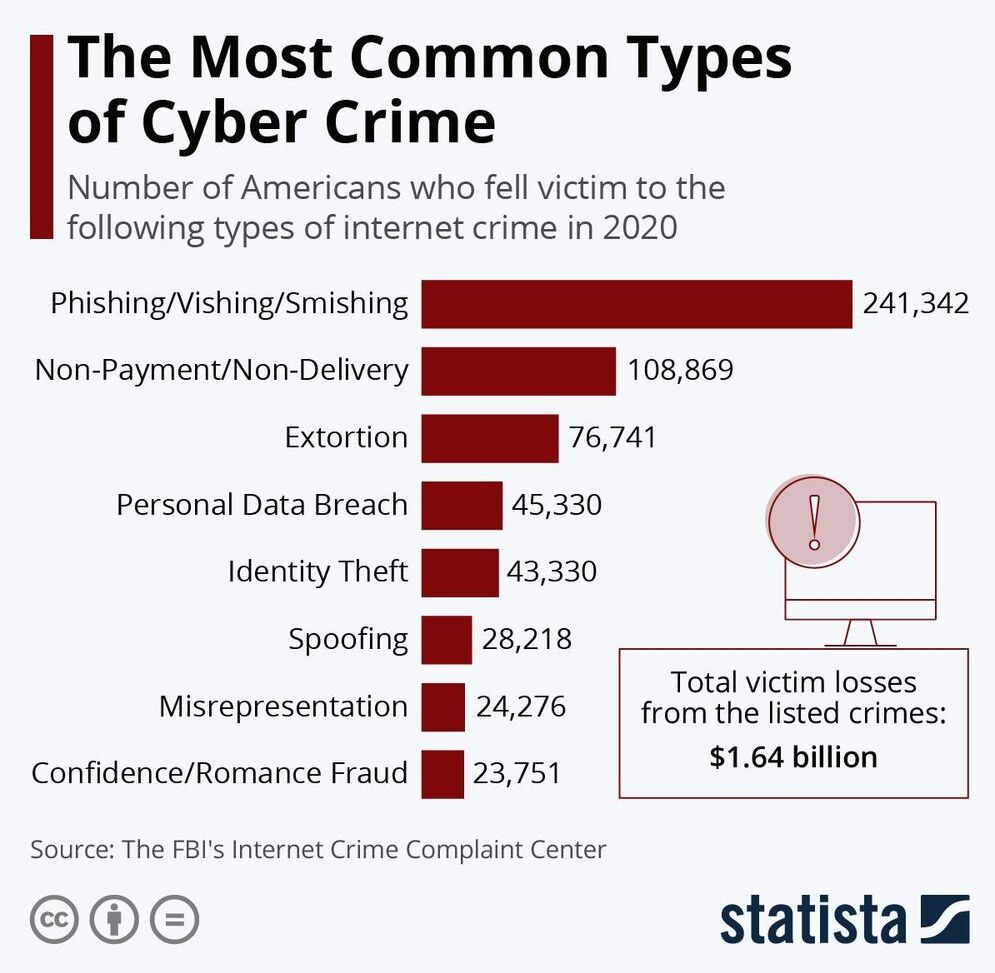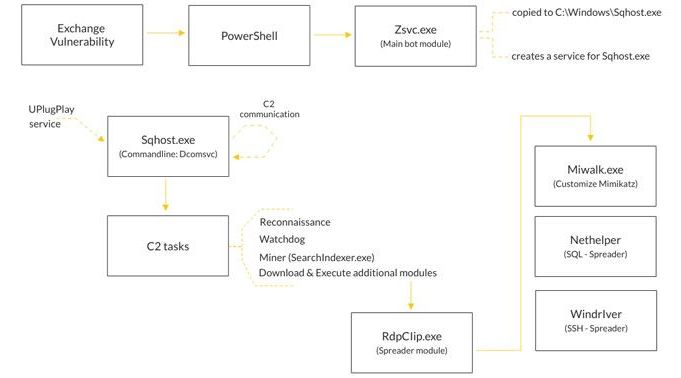May 4, 2021
Spectre Strikes Back: New Hacking Vulnerability Affecting Billions of Computers Worldwide
Posted by Quinn Sena in category: cybercrime/malcode
Computing experts thought they had developed adequate security patches after the major worldwide Spectre flaw of 2018, but UVA’s discovery shows processors are open to hackers again.
In 2018, industry and academic researchers revealed a potentially devastating hardware flaw that made computers and other devices worldwide vulnerable to attack.
Researchers named the vulnerability Spectre because the flaw was built into modern computer processors that get their speed from a technique called “speculative execution,” in which the processor predicts instructions it might end up executing and preps by following the predicted path to pull the instructions from memory. A Spectre attack tricks the processor into executing instructions along the wrong path. Even though the processor recovers and correctly completes its task, hackers can access confidential data while the processor is heading the wrong way.


















